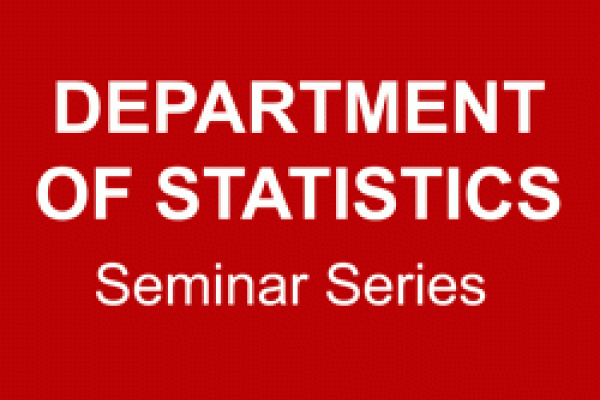
Yangyang Yuan, School of Journalism and Communication, The Ohio State University
Interviewers' Anxiety and Its Relationship to Shift Productivity and Perceived Self-Efficacy
Ken Mulligan, Department of Political Science, The Ohio State University
Value Conflict: The Effects of Competing Principles on Political Judgment
Citizens of democratic societies are often asked to make political decisions that require them to balance one desired goal against another. How much freedom is one willing to give up in order to achieve a more tolerant, equal, or secure society? The choices that citizens are asked to make can be difficult because they implicate conflicting principles or values. In this project we focus on the implications of value conflict for political decision making. Specifically, we propose and test the hypothesis that conflict between core values produces attitude ambivalence - inconsistent feelings and beliefs about an issue - which, in turn, leads to the expression of a summary opinion toward the issue that is more moderate and perceived as less certain than in the absence of value conflict. Our results challenge the widespread assumption that the weak attitudes often expressed by ordinary Americans in opinion polls are ephemeral, shallow, and otherwise poorly considered, suggesting instead that apparently weak attitudes are sometimes rooted in deeply held but conflicting core values.
